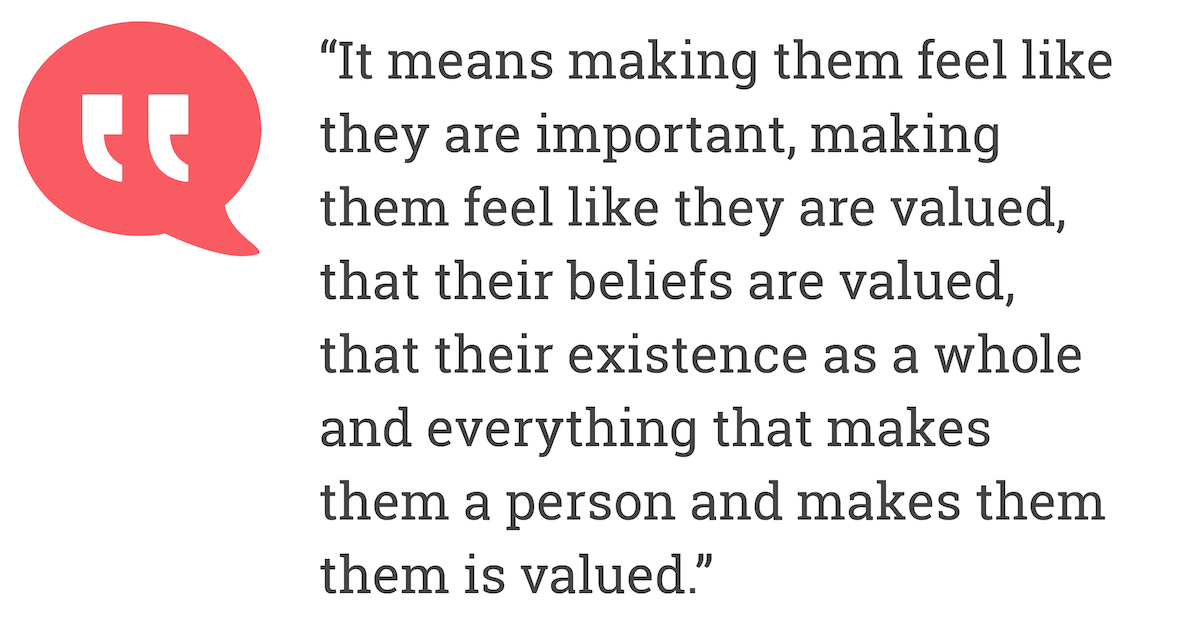What is Cultural Awareness? Why is it important? And why might it help you, as a Nurse, to be as aware as you can be about other cultures? Alex is here to answer all these questions and more!
Topics Covered In This Article
The Importance For Your Patients
Background Reading Can Be A Huge Help
How It May Help With Your Colleagues
Why Having The Conversation Is Important
There Is No Excuse Not To Learn
Introduction
Hi guys, it is Alexandria Grace or Alex, as most people like to call me and I'm back with another video.
Today's video is going to be something a little bit different but I think is still just as relevant as any other Nursing advice video that I have made in the past and it is all about cultural awareness in healthcare and cultural awareness in general.









About this contributor
Children's Nurse
I'm a Newly Registered Nurse specialising in Children’s Nursing, which I have a great passion for. I feel very strongly about equal treatment and care for everyone, as it sets all children and young people up for the best future possible! I create vlogs following my Nursing journey and advice videos to help others along their own journeys too.
More by this contributorWant to get involved in the discussion?
Log In Subscribe to comment